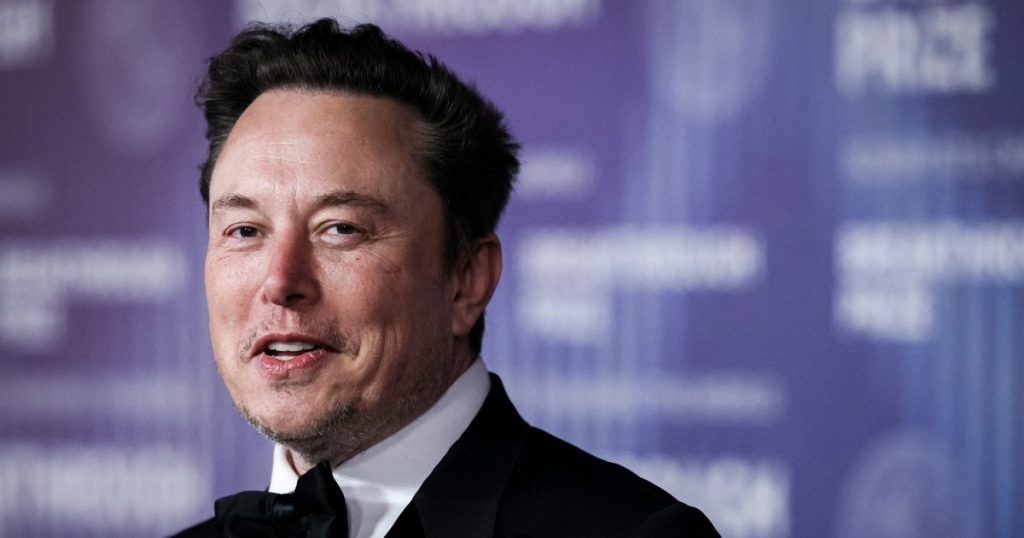The Supreme Court has rejected tech billionaire and Tesla CEO Elon Musk’s attempt to challenge the terms of an agreement he reached with the Securities and Exchange Commission. This agreement required a lawyer to review some of his social media posts, including comments on Tesla-related issues, in what has been called the “Twitter sitter” provision. Musk had previously posted tweets in 2018 claiming he had secured funding to take Tesla private, which ultimately resulted in a civil securities action brought by the SEC.
Musk agreed to settle the civil securities action and signed off on the social media provision as part of the agreement. Despite a jury finding him not liable for misleading investors in a separate civil case, Musk now argues that the limits on his speech are unconstitutional. His lawyers assert that the SEC has been conducting an “ongoing campaign” against him and that the provision restricts his speech even when truthful and accurate. They claim the provision extends to speech not covered by securities laws and unrelated to the conduct underlying the SEC’s civil action against Musk.
The SEC has responded by stating that Musk waived his right to bring his argument when he agreed to the settlement. Lower courts have also rejected Musk’s claim, leading to the Supreme Court’s decision to decline his appeal. Musk is now left facing the consequences of the agreement he signed with the SEC, which restricts his ability to comment online on certain Tesla-related issues. The SEC maintains that the provision is necessary to ensure compliance with securities laws and prevent the dissemination of false or misleading information.
Despite his vast wealth and influence as a prominent tech figure, Musk’s attempt to challenge the SEC’s restrictions on his social media posts has been unsuccessful. This case highlights the complexities of balancing free speech rights with the need for regulatory oversight in the financial industry. As a high-profile CEO, Musk’s use of social media can have significant implications for his company and the market as a whole. The Supreme Court’s decision underscores the importance of adhering to regulatory requirements, even for individuals with considerable power and influence.


